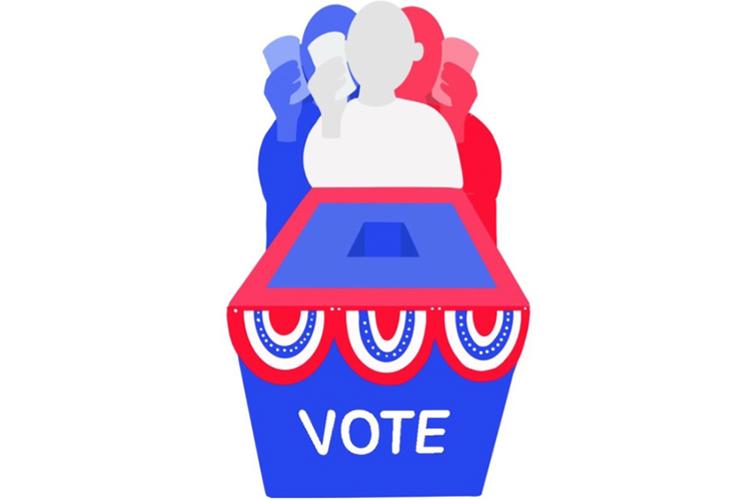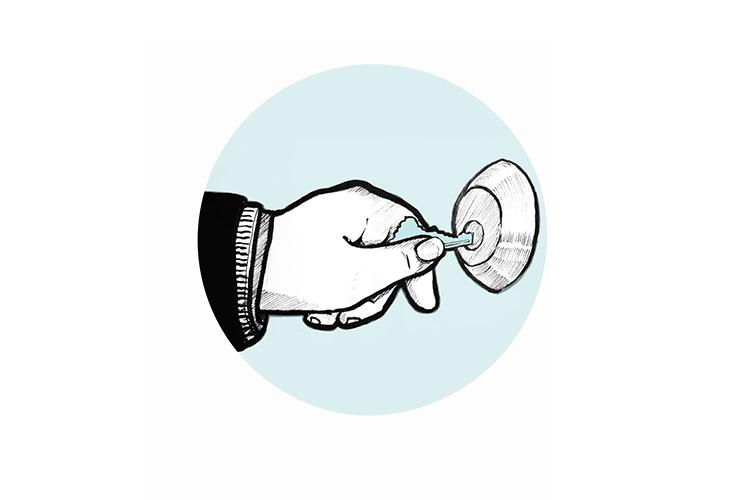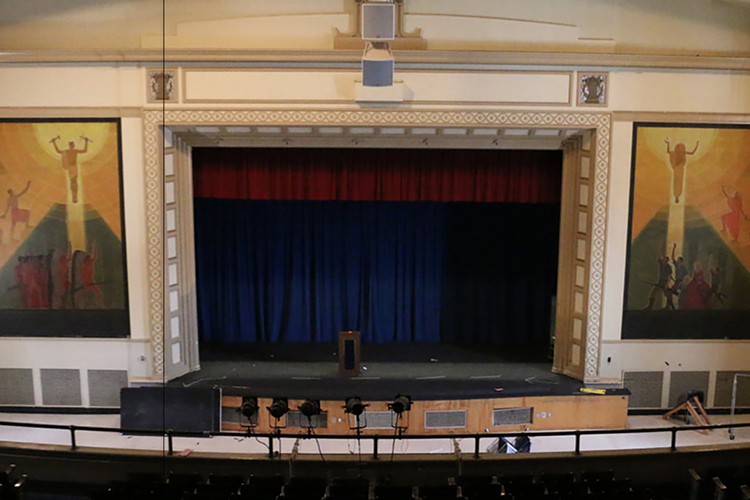
On March 15, 2019, tens of thousands of students around the world walked out of their classrooms protesting for stronger policies and regulations surrounding climate change. “We are the voiceless future of humanity,” wrote student activists in a letter published before the demonstrations.
At the march in Portland, 500 students were expected to gather outside of City Hall. But seven times the estimated attendance arrived, vastly exceeding expectations. Over 3,500 people poured into the streets, including many students from Grant High School. Hordes of students marched through downtown, chanting and carrying signs and demanding for politicians to protect their futures.
In recent years, high school students have set a new precedent in political activism. From the Parkland students and the “Never Again” movement, to the student-led climate strikes around the world, youth are making it clear that they want their voices heard.
The United States government needs to provide younger citizens with an avenue to voice their opinions by lowering the voting age.
Since the Parkland, Fla. shooting on Feb. 14, 2018, during which 17 people died, gun violence has killed over 1,200 children in the United States. In Flint, Mich., adolescents are still without clean drinking water and are experiencing the detrimental effects of lead poisoning. Ice caps are melting, and the rising sea levels will eventually displace today’s youth. Despite the growing social and environmental footprint adults are leaving behind, youth are prevented from creating any political reforms.
The current political system is failing its youth, and this needs to change.
“There’s a lot of things … that affect my life right now that I can’t do anything about, because I don’t have the ability to vote,” says Grant freshman Lucy Moore.
In Oregon, this could all change soon.
On Feb. 18, 2019, Oregon Sen. Shemia Fagan and several other Democratic leaders proposed a bill that would amend the Oregon Constitution and lower the voting age from 18 to 16. “It’s time to lower the voting age in Oregon and give young people a chance to participate at the ballot about decisions that affect their homes, their clean air and clean water future, their schools and as we’ve seen, their very lives,” says Fagan.
If the state bill passes, voters will be deciding on this proposal in the 2020 elections and their decisions could possibly extend to federal elections. However, there is strong opposition from Republican lawmakers. Thirteen other states, including Washington, have proposed similar measures which have yet to pass.
Lowering the voting age in the United States is not unprecedented. In 1971, the 26th Amendment lowered the voting age from 21 to 18 during the Vietnam War following protests by college students who were able to be drafted, but unable to vote about the war. There are also multiple countries around the globe where the voting age is already 16, including Argentina, Austria and Scotland.
Young people are passionate about today’s issues and through leading protests, creating petitions and organizing marches, they are actively seeking involvement in their futures. They should be provided with the opportunity to voice their opinions in elections.
Through their increasing activism, students have already shown enthusiasm and have recognized the importance of voting. At many of the youth-led demonstrations, there have been designated areas to register to vote. Youth, although unable to vote, are already finding ways to get involved in the voting process.
Having younger voters will also result in increased voter turnout. In 2016, Takoma Park, Md., lowered the voting age for local elections to 16. That year, voter turnout increased from 11 percent to 44 percent.
Additionally, in the 2018 midterm elections, early national voter turnout among young adults increased by 188 percent, according to The Atlantic.
Despite being unable to vote, many students are still allowed to drive, hold jobs and even pay taxes. According to the Internal Revenue Service, over two million United States citizens under the age of 18 filed for tax returns in 2016. Political representation has historically been a point of importance for the American people after being freed from British rule. Yet the United States still taxes millions of students without giving them their fair and deserved representation.
The underrepresentation of youth is exacerbated as the lives of teenagers are adversely affected by events that the government has yet to correct. Today’s youth will soon be tasked with solving these issues; why not start now?
“Kids are the ones that are fighting for our lives,” says freshman Jane Nelson. “If adults aren’t gonna do anything about it, then we are.”



































